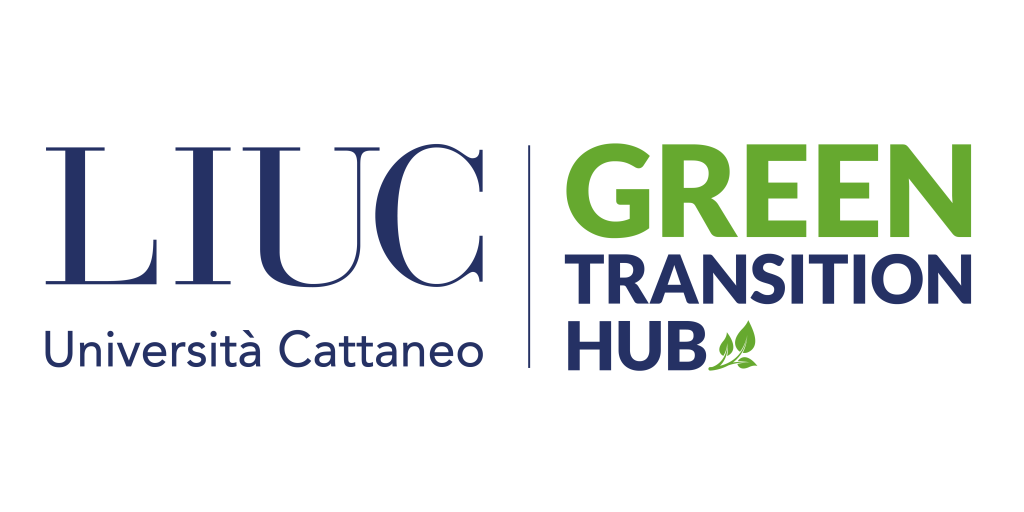The Pallet Observatory (OPAL) aims to analyse, from the perspective of economic and environmental sustainability, the operational processes of pallet exchange throughout the various stages of the logistics chain
Topics
OPAL is the Observatory that analyses, from the perspective of economic and environmental sustainability, the operational processes of pallet exchange, from producers to users, throughout the various stages of the logistics chain.
Specifically, the observatory nationally analyses the processes of EPAL pallet exchange, with a particular focus on the fast-moving consumer goods sector, in order to evaluate the dynamics among the involved stakeholders, the resources at stake, and ultimately, the pallet management costs.
Objectives
The Observatory, in collaboration with ECR-GS1 Italy, has developed an innovative cost model consisting of 6 items directly or indirectly related to the pallet management activities of the stakeholders in the logistics chain. The cost items associated with the value of the exchangeable EPAL pallet are updated semi-annually through the monitoring of prices in the purchase and sale of new and used EPAL pallets. The analysis involves collecting anonymous data, considering the values present in invoices received from a representative sample of both producing and distributing companies in the fast-moving consumer goods sector.
At the end of the surveys, published twice a year on the GS1 Italy website, the following information is made available:
The reference value of the exchangeable EPAL pallet. The new/used ratio, from which the incidence of new EPAL pallets on the total can be derived. The value of the EPAL pallet, calculated as a weighted average of the prices recorded in the invoices from the companies in the panel, aims to provide operators who adhere to the rules of proper exchange with a reference value to be used in pallet debit/credit resolution operations involving a monetary transaction, as envisaged by the ECR recommendation on the exchange of EPAL pallets.
In particular, following the publication of the Legislative Decree of March 21, 2022, No. 21 coordinated with the conversion law of May 20, 2022, No. 51 entitled: “Urgent measures to counter the economic and humanitarian effects of the Ukrainian crisis,” and specifically referring to Article 17-bis, “Establishment of the pallet exchange system,” it is of fundamental importance, for the purposes of implementing the law, to define the methods and criteria for the correct valuation of exchangeable pallets. Article 17 specifically refers to the concept of the “market value” of pallets, through which it is possible to monetize vouchers issued by recipients in the event of a failure to immediately exchange, which, as known, is the most common practice, especially in the Organized Large-Scale Retail Distribution sector.
Although the EPAL pallet is defined as fully exchangeable, there are substantial qualitative and value differences between one EPAL pallet and another, depending on their wear and functionality. For this reason, field surveys have been conducted to assess the quality level of pallet pools in Italy, monitoring their level of wear, year of manufacture, and the presence of repairs.
Results
Based on data regarding pallet production in Italy and Europe, as well as repair data in Italy, it was possible to determine that Italy is responsible for approximately 90 million pallets. Once the Italian EPAL pallet pool was identified, considering the average number of trips per year at 4.5, the total number of movements reached 400 million.
Regarding the average value, assuming a fixed percentage of new pallets to the total at 15%, the weighted average value of the exchangeable EPAL pallet was calculated at €16/pallet (November 2022)
Information
Coordinator: Eng. Martina Farioli ([email protected])
Eng. Alessandro Creazza ([email protected])
Eng. Fabrizio Dallari ([email protected])




